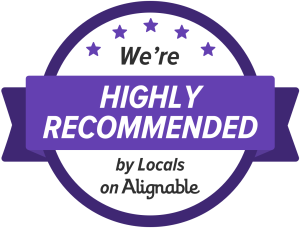Total closing costs vary by lender. The home you buy, where it’s located and the type of loan you receive will determine what your costs are – which can range from 2% to 6% of the home’s purchase price. Most of these costs are fees charged by the lender and third parties for the services and work involved with processing and completing your loan. In most cases, closing costs are paid by the borrower.
Typical closing costs.
Because no two homes, or loans, are the same, it’s almost impossible to provide a complete and accurate list of what might be included in your closing costs. The most common costs for a buyer include:
- Home inspection
- Appraisal
- Attorney fee (if required)
- Title search
- Recording the property deed
- Tax services
- Credit report
- Survey
- Courier
What are Discount Points?
Paying discount points is like pre-paying interest on your loan to get a lower interest rate. It’s a way to reduce how much interest you’ll pay with each monthly payment. One discount point typically costs 1% of the total loan amount, and lowers the rate from 1/8 to 1/4 percent
For example,* on a $200,000 loan, each point would cost $2,000. Assuming the interest rate on the mortgage is 5% and each point lowers the interest rate by 0.25%. Buying 2 points will cost $4,000 and will result in an interest rate of 4.50%.*
*See Investopedia.com
Paying for discount points is only a good idea if you plan to stay in your home well after you earn back the initial cost. A Gloven Capital Home Loan Expert can help you decide if this makes sense in your case.
Who attends closing?
This depends on the laws in the state where your property is located, the type of home, property and more. In addition to yourself, people who attend the closing might include:
- Your attorney, if you have one.
- The seller’s attorney, if they have one.
- The buyer’s and seller’s real estate professionals.
- The builder’s representative, if a brand-new home is involved.
- The closing agent, who could be a title company representative or a real estate attorney.
- A notary public.
- The seller(s), but it’s not very common.






